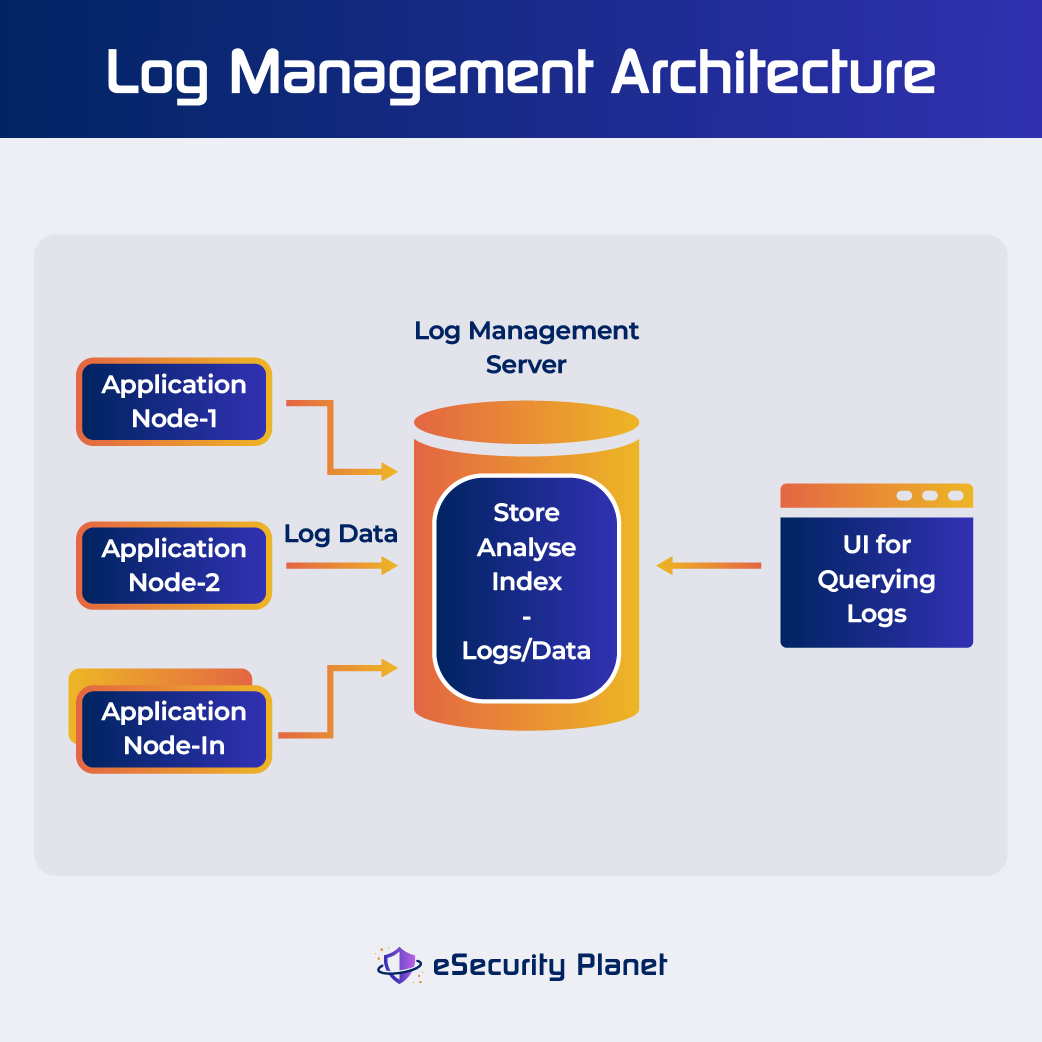Logging
(2025-08-28T18:44.142Z)
Perplexity Query
(2025-08-28T18:44
.142Z)
Question:
Write a comprehensive one-page article about "Logging, Loggers, Logfiles in technology organizations".
Response from sonar-pro:
Logging, Loggers, and Logfiles in Technology Organizations
Introduction
Logging refers to the systematic process of recording events, messages, and actions performed by software, users, or systems within an organization. Loggers are the software components or tools that generate and manage these records, which are stored as logfiles. In technology organizations, effective logging is crucial for monitoring systems, troubleshooting issues, and safeguarding security, underpinning the overall health and resilience of complex IT environments.
[ndla9z]
[biz5p3]

Main Content
At its core, logging involves capturing detailed information every time a noteworthy event occurs within an organization's IT infrastructure. This can include user logins, system errors, data transactions, file accesses, or security events. Loggers—the tools or components embedded within applications and operating systems—record these events, formatting key details such as timestamps, event types, and severity levels into logfiles. These records serve as the foundation for real-time monitoring and retrospective analysis.
[biz5p3]
[h59q9c]
A practical example is seen in web server logs: when a user visits a website, the server’s logger documents the request type, user’s IP address, accessed resources, and resulting status codes. Similarly, in security contexts, logfiles track all login attempts, data transfers, and administrative actions, providing audit trails that are indispensable during incident investigations.
[jjzsd7]
For software developers and DevOps teams, application logs help diagnose performance bottlenecks by detailing each application process and flagging anomalies that may affect user experience.
The benefits of logging, loggers, and logfiles are extensive:
- Improved troubleshooting and root cause analysis: When a system error or outage occurs, logs offer a precise chronological trail, helping IT teams pinpoint the exact cause and location of the problem. [biz5p3]
- Automation and operational efficiency: Modern log management solutions allow for automated responses to predefined events, reducing manual intervention and letting teams focus on more complex tasks. [z8yyhw]
- Increased visibility and performance optimization: Centralized log management platforms aggregate logfiles from many disparate sources, enhancing visibility across distributed systems and enabling performance tuning at scale. [h59q9c]
Despite these benefits, there are notable challenges:
- Data standardization: Logs originate from a variety of systems and applications, requiring normalization before meaningful analysis can occur. [biz5p3]
- Privacy and retention: Storing sensitive log data presents privacy risks and must adhere to strict legal and organizational retention policies. [jjzsd7]

Current State and Trends
Today, log management is a well-established, rapidly advancing field. Solutions like centralized log management and Security Information and Event Management (SIEM) platforms dominate the market, offering organizations powerful capabilities for log aggregation, processing, and analytics.
[biz5p3]
Industry leaders such as Splunk, Sumo Logic, LogRhythm, Rapid7, and CrowdStrike provide cloud-based and on-premise tools that integrate seamlessly across enterprise environments. Recent years have seen a focus on automation, machine learning-powered log analysis, and integration with broader cybersecurity frameworks to enable faster and smarter threat detection.
[z8yyhw]
[h59q9c]
Organizations are increasingly leveraging historical and real-time log data not only for security but also for predictive monitoring, performance optimization, and business intelligence. Automated alerting based on log events allows teams to respond to issues as they arise, significantly reducing downtime and operational risk.
[h59q9c]
Future Outlook
Advances in artificial intelligence and analytics will reshape how organizations leverage logs. As log volumes continue to grow with the proliferation of microservices, IoT, and hybrid-cloud infrastructures, future platforms will likely use AI-driven insights for proactive risk detection, automated remediation, and smarter compliance reporting. Expect tighter integration with DevSecOps pipelines and broader adoption of unified observability tools that bring together logs, metrics, and traces for full-stack visibility.

Conclusion
Logging, loggers, and logfiles form the backbone of modern technology operations, providing critical visibility, enhancing security, and streamlining troubleshooting. As these technologies continue to evolve, they will become even more indispensable in supporting resilient, intelligent, and compliant digital enterprises.
Citations
[ndla9z] 2025, Jul 16. Log Management in Cybersecurity | Definition & Benefits - Rapid7. Published: 2025-07-16 | Updated: 2025-07-16
[jjzsd7] 2025, Aug 25. Importance Of Log Management In Cybersecurity - NetWitness. Published: 2023-11-16 | Updated: 2025-08-25
[z8yyhw] 2025, Aug 28. Log monitoring: benefits and disadvantages - RevDeBug. Published: 2022-09-20 | Updated: 2025-08-28
[biz5p3] 2025, Jun 17. What is Log Management? 4 Best Practices & More | CrowdStrike. Published: 2022-12-20 | Updated: 2025-06-17
[h59q9c] 2025, May 13. What are the benefits of log management? - Sumo Logic. Published: 2025-05-13 | Updated: 2025-05-13